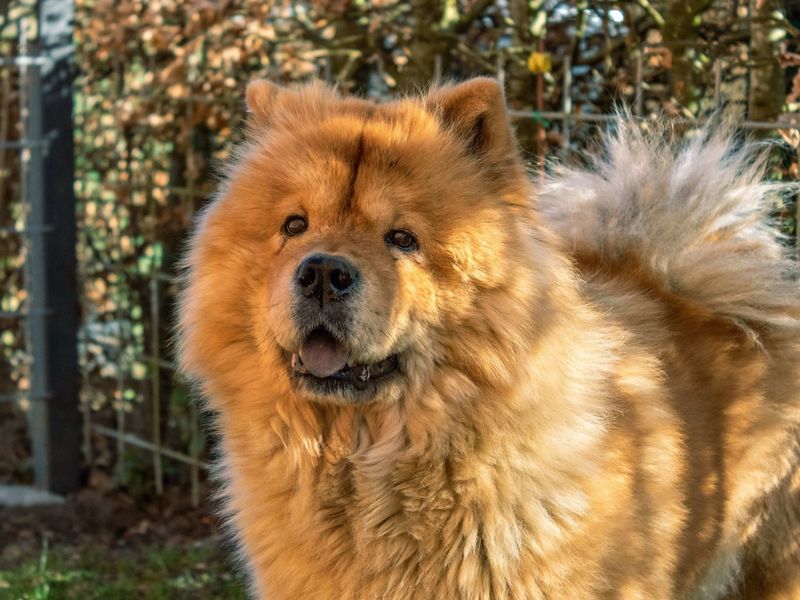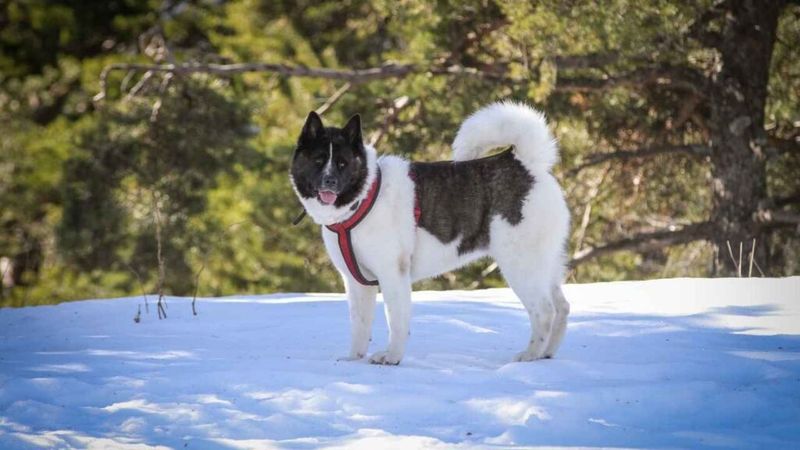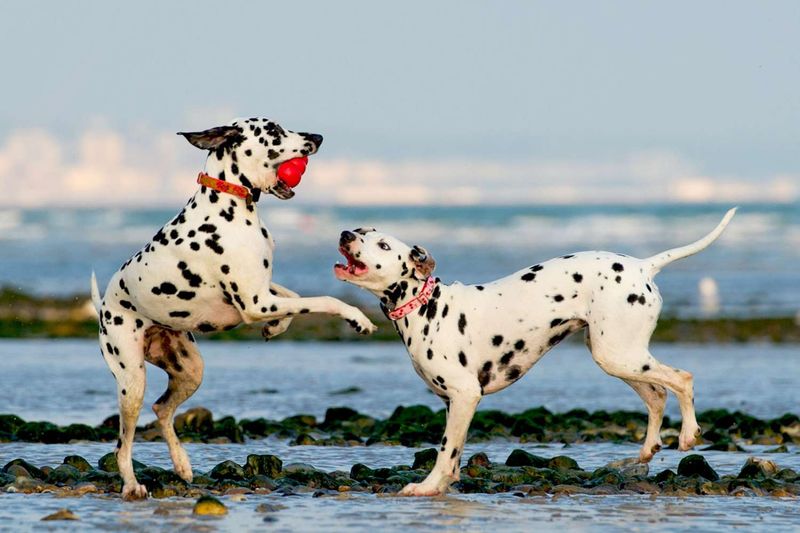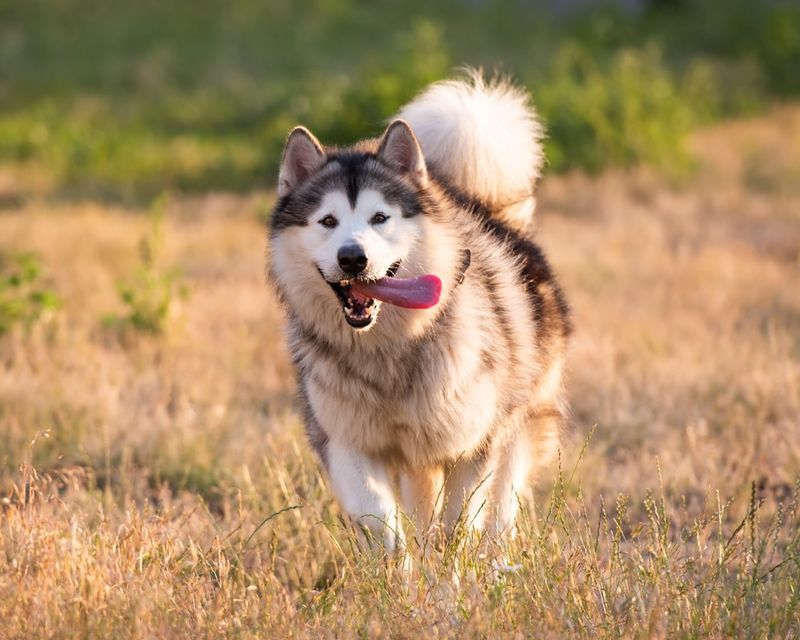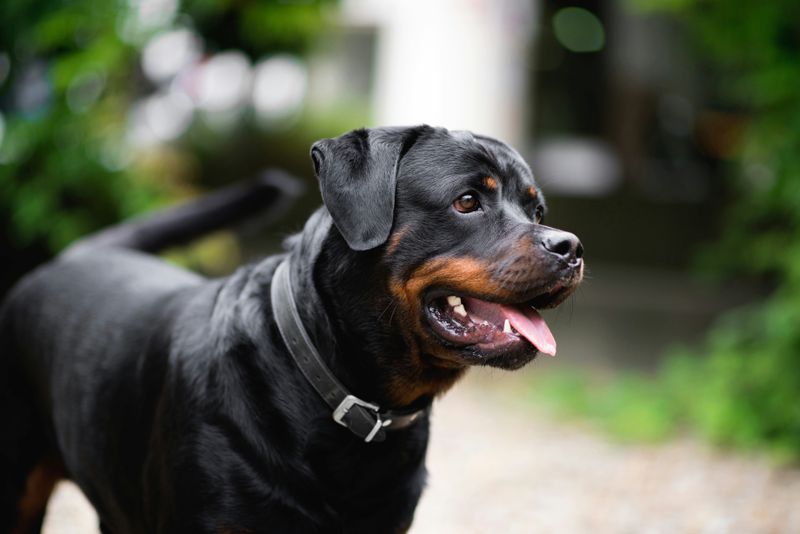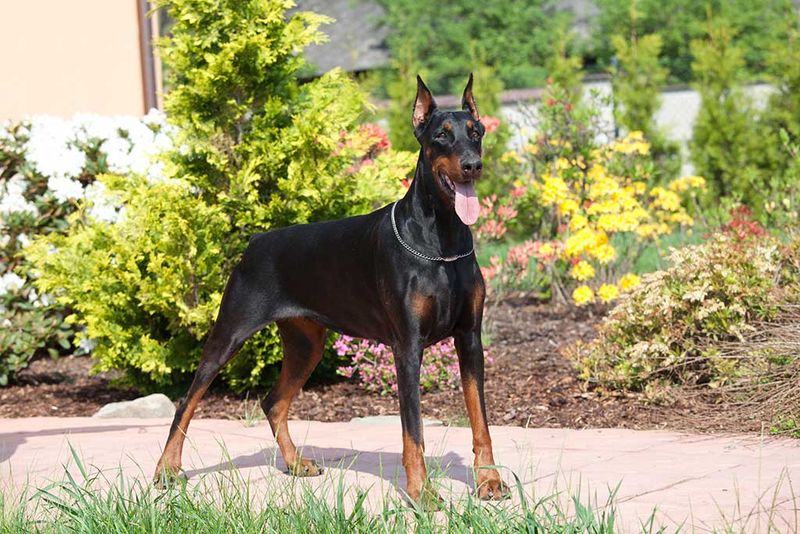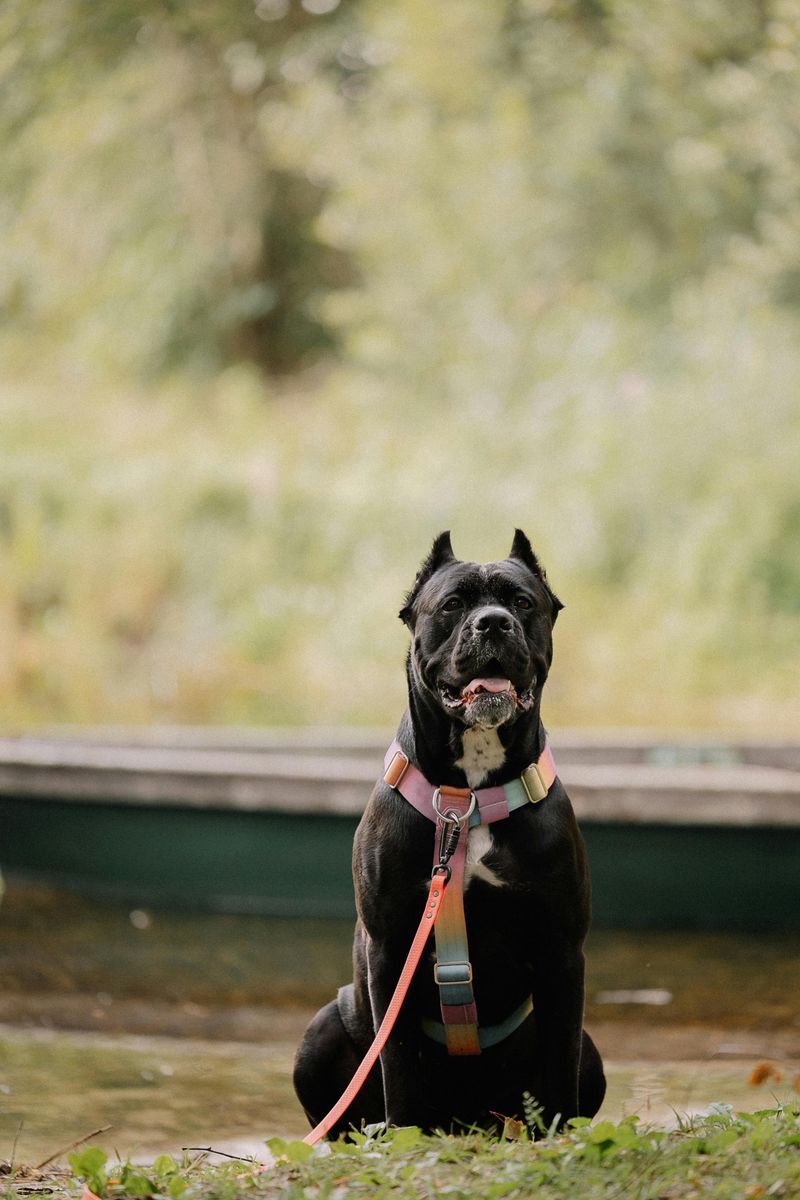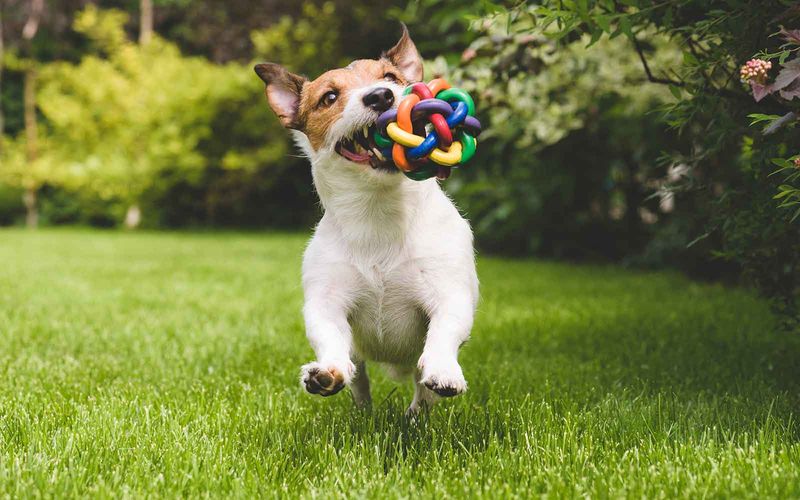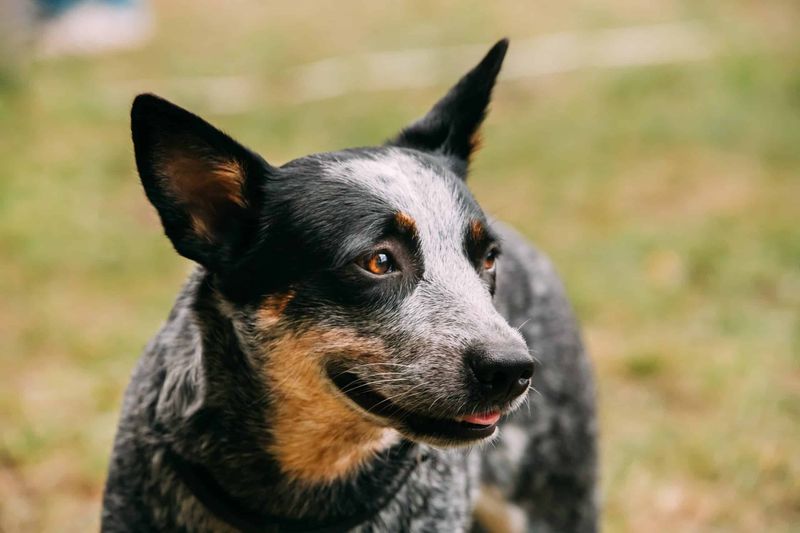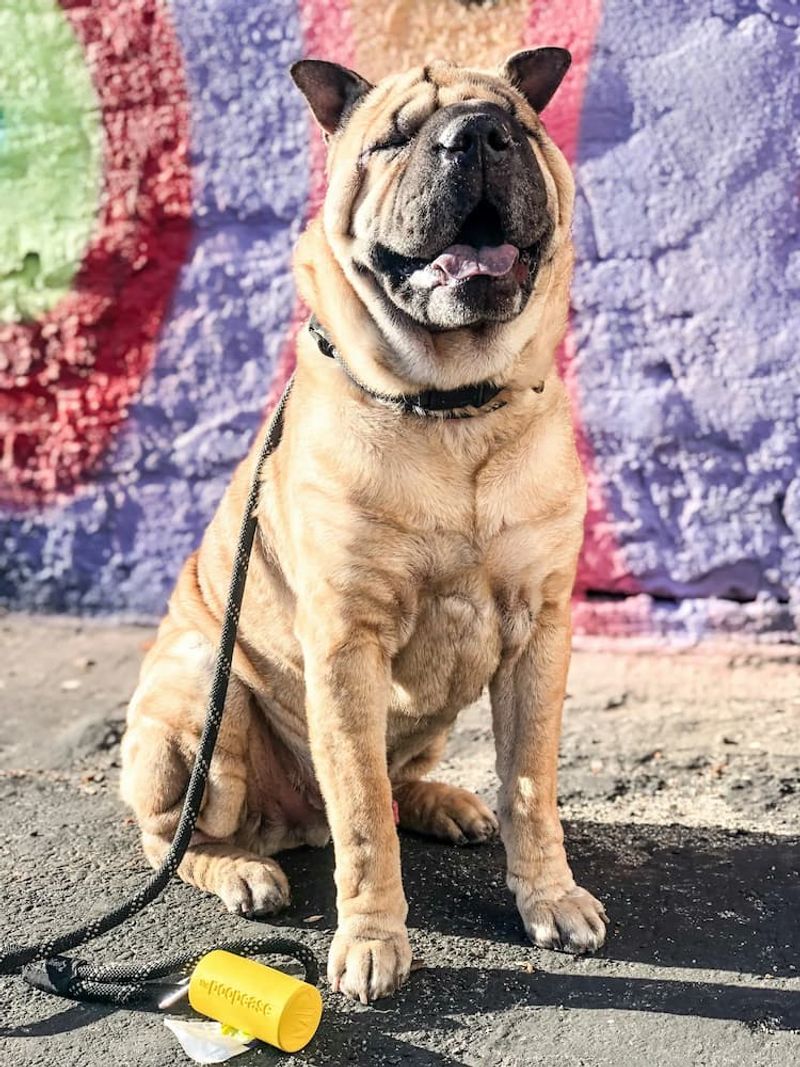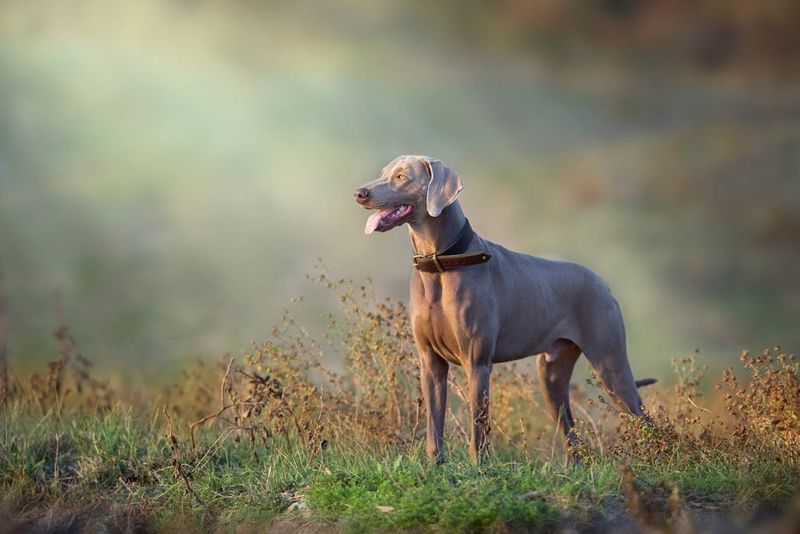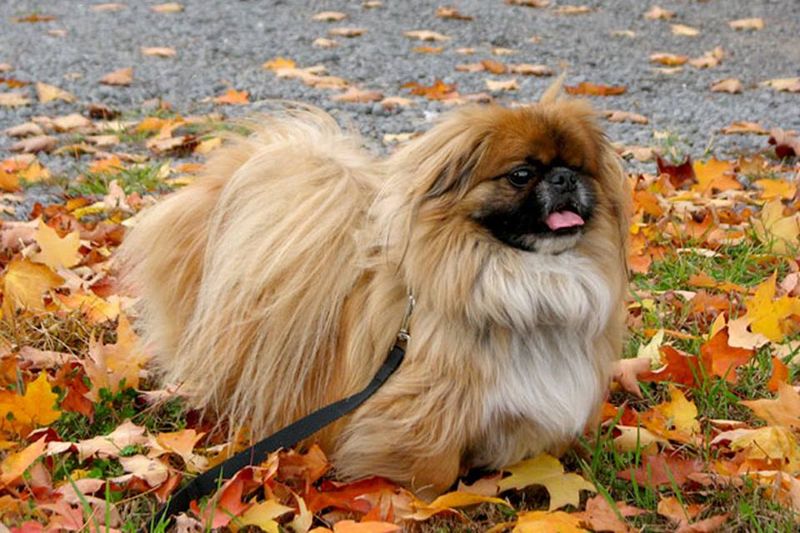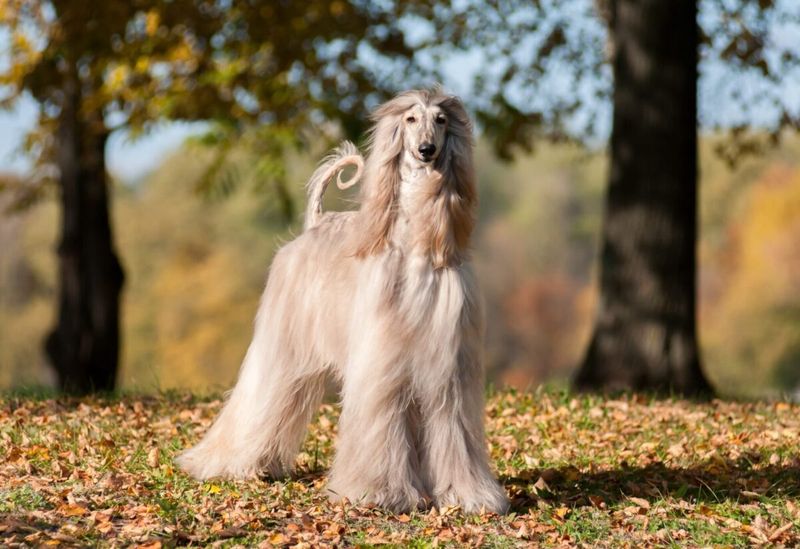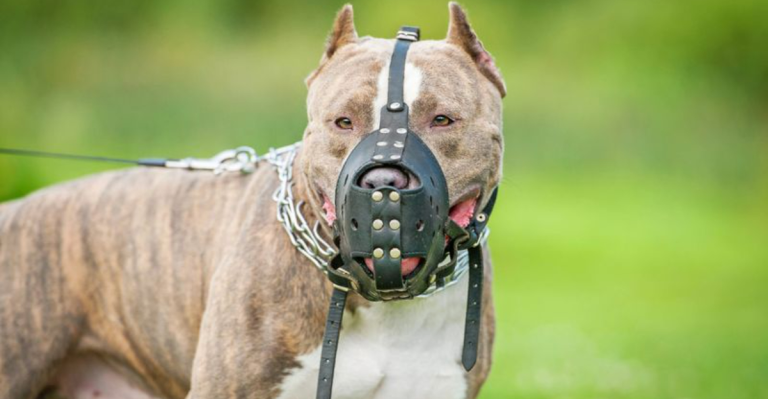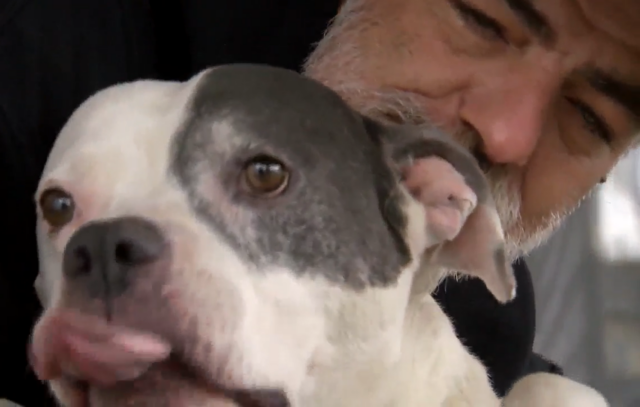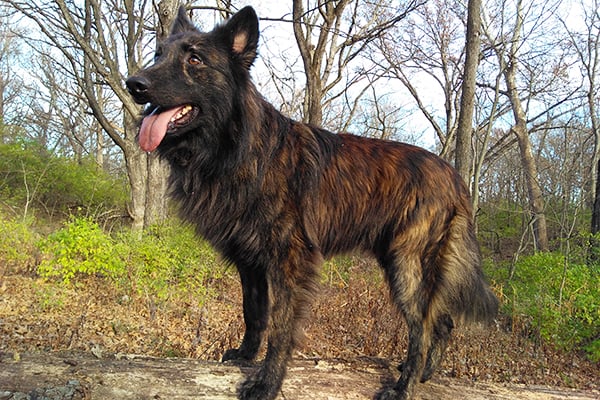13 Dog Breeds You Should Avoid If You Have Small Kids
Bringing a dog into your home is one of the most rewarding decisions a family can make. They offer companionship, teach kids responsibility, and quickly become a beloved member of the household.
But not every dog breed is the perfect fit for a home with small children. Some breeds, while lovable in the right setting, simply don’t mesh well with the unpredictable nature of toddlers and young kids.
Whether it’s due to their temperament, high energy levels, or a tendency to be territorial, certain dogs may struggle in environments where little ones are constantly running, grabbing, and squealing.
It’s not about labeling any breed as “bad”—it’s about recognizing what works best for your family dynamic.
Choosing the right dog isn’t just about looks or popularity—it’s about compatibility.
Just like you wouldn’t bring home a sports car if you needed a minivan, you shouldn’t bring home a high-maintenance or easily agitated dog if you’ve got tiny humans underfoot.
Your goal should be to create a peaceful, safe bond between your pet and your children—not a relationship that requires constant supervision or correction.
This list isn’t meant to scare you off certain breeds altogether. Many of the dogs below thrive in homes with older kids or experienced handlers.
But if your current life stage includes toys scattered across the floor and toddlers who think tails are pull-toys, it’s worth thinking twice.
Before you fall in love with those big eyes or fluffy fur, let’s take a look at 13 dog breeds you might want to avoid if you have small children. A little research now can prevent a lot of stress later—for you, your dog, and your kids.
1. Chow Chow
Chow Chows have an aloof demeanor reminiscent of cats. Their territorial nature means they may not appreciate the unpredictability of young children.
Though they boast a majestic lion-like mane, they can be wary around strangers. This breed requires early and consistent socialization to adapt to family life.
While their loyalty is admirable, they can become aggressive if they feel threatened. The breed’s independent spirit makes it crucial to handle them with understanding and care.
2. Akita
Akitas are renowned for their protective instincts and powerful build. Known for being dominant, they can be wary of strangers—including the unpredictable movements of small children.
Their heritage as guard dogs means they often act as the vigilant protector. Training them requires patience and consistency to balance their strong-willed nature.
While they can be loving to their family, their dominance can become overwhelming. Supervision is essential to ensure they don’t mistake playful behavior as a threat.
3. Dalmatian
Dalmatians are bursting with energy, always ready for an adventure. However, their excitable nature can lead to snappiness if startled or mishandled.
Their strong prey drive and sensitivity might make them less compatible with young kids. A loud, busy household can be overwhelming for them, possibly triggering anxious behaviors.
Despite their beautiful, eye-catching spots, they require a calm environment to thrive. Adequate exercise and mental stimulation are key to their happiness.
4. Alaskan Malamute
Alaskan Malamutes are strikingly beautiful but require intensive training. Their high energy levels make them a handful for families with small children.
Due to their size and strength, they can easily overwhelm young kids during playtime. The breed’s history as sled dogs means they thrive in active settings but can be stubborn if not engaged.
Socialization and training from an early age are crucial, ensuring they remain friendly and gentle. Without proper guidance, their strength can be a challenge.
5. Rottweiler
Rottweilers are known for their loyalty and protective nature. They require firm handling and experienced owners to manage their strength and dominance.
While incredibly loyal, they can be overprotective without proper training. Their imposing presence and muscular build can be intimidating to young children.
Training and socialization are vital to harness their protective instincts in a positive way. With the right guidance, they can become faithful family members, though supervision remains essential.
6. Doberman Pinscher
Doberman Pinschers are intelligent, alert, and often used as guard dogs. They demand constant socialization to avoid becoming overly protective around unfamiliar children.
Their sleek build and sharp instincts make them natural protectors, though this can lead to distrust of strangers. Early training helps balance their protective nature, ensuring they are friendly and approachable.
With their strong loyalty and dedication, they can be wonderful companions when properly managed. Yet, their protective demeanor means they need careful handling around kids.
7. Cane Corso
Cane Corsos are gentle giants with the right training. However, their guardian instincts can become overwhelming in chaotic environments typical of homes with small children.
Their muscular build and protective nature require consistent and positive training methods. Without these, they might not tolerate the noise and hustle brought by kids.
For families committed to training, they can be affectionate and loyal companions. Their serene nature shines when they feel secure and understood, though supervision is advised.
8. Jack Russell Terrier
Jack Russell Terriers are small but mighty, sporting an endless supply of energy. Their feisty nature can be overwhelming for young kids, leading to potential snappy behavior.
While their size might seem ideal for children, their boundless enthusiasm requires constant supervision. They thrive on activity and mental challenges, which can clash with the calm needed around small kids.
Proper training can harness their energy positively, though patience is key. Their spirited personality needs understanding and attention to ensure harmony.
9. Australian Cattle Dog
Australian Cattle Dogs are intelligent and hardworking, originally bred for herding. Their instinct to nip at heels can be troublesome for households with toddlers.
These dogs require tasks and challenges to keep them occupied, which might not align with a child’s playful demands. Their active nature can lead to unintended roughness during play.
Training them to channel their instincts constructively is crucial. A well-trained Cattle Dog can be a loyal family member, though supervision is important.
10. Shar Pei
Shar Peis are known for their unique wrinkles and independent spirit. Their reserved nature means they might not appreciate the noise and chaos of young children.
If not properly trained, they can exhibit aggressive tendencies, especially in unfamiliar situations. Early socialization helps them adapt to family environments, but patience is necessary.
Their loyalty is unquestionable, yet their independent streak demands understanding. With the right approach, they can become cherished companions, though careful management is required.
11. Weimaraner
Weimaraners are lively with a high energy level, often excitable and strong. Their size and vigor can be daunting for families with small children.
They require ample exercise and mental stimulation to prevent boredom, which can lead to destructive behavior. A structured environment helps them thrive, but their energy needs must be met.
While they are affectionate and loyal, their exuberance requires caution. Training them from a young age ensures they channel their energy positively, making them delightful companions.
12. Pekingese
Pekingese dogs carry an air of regality, often not fond of rough handling or chaos. Their small size doesn’t mean they’re always tolerant of children’s playful antics.
Known for their proud carriage, they might snap when startled or annoyed. Their long, flowing coat requires regular grooming, adding a level of care that might be challenging for busy families.
Despite their charming appearance, their temperament needs understanding. They can be endearing companions with the right approach, though a calm environment is ideal.
13. Afghan Hound
Afghan Hounds are the epitome of elegance, often aloof and independent. They aren’t always keen on engaging with children, preferring peace and quiet.
Their dignified nature means they thrive in serene environments, which can be a rarity with toddlers around. While their beauty is captivating, they require regular grooming to maintain their exquisite coat.
Though they can be loyal, their independence demands respect. Understanding their unique personality is key to a harmonious relationship, making them suitable for quieter homes.

